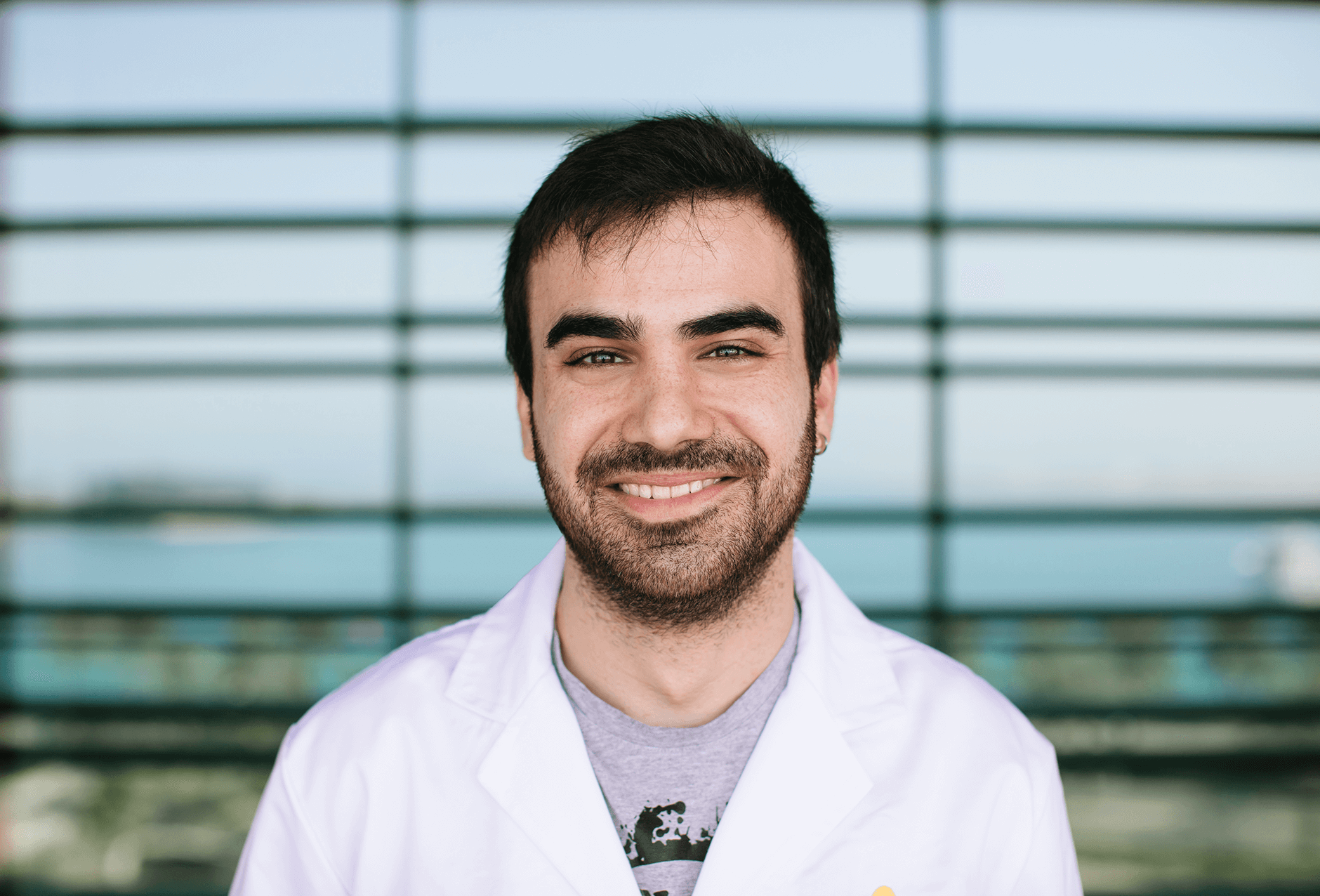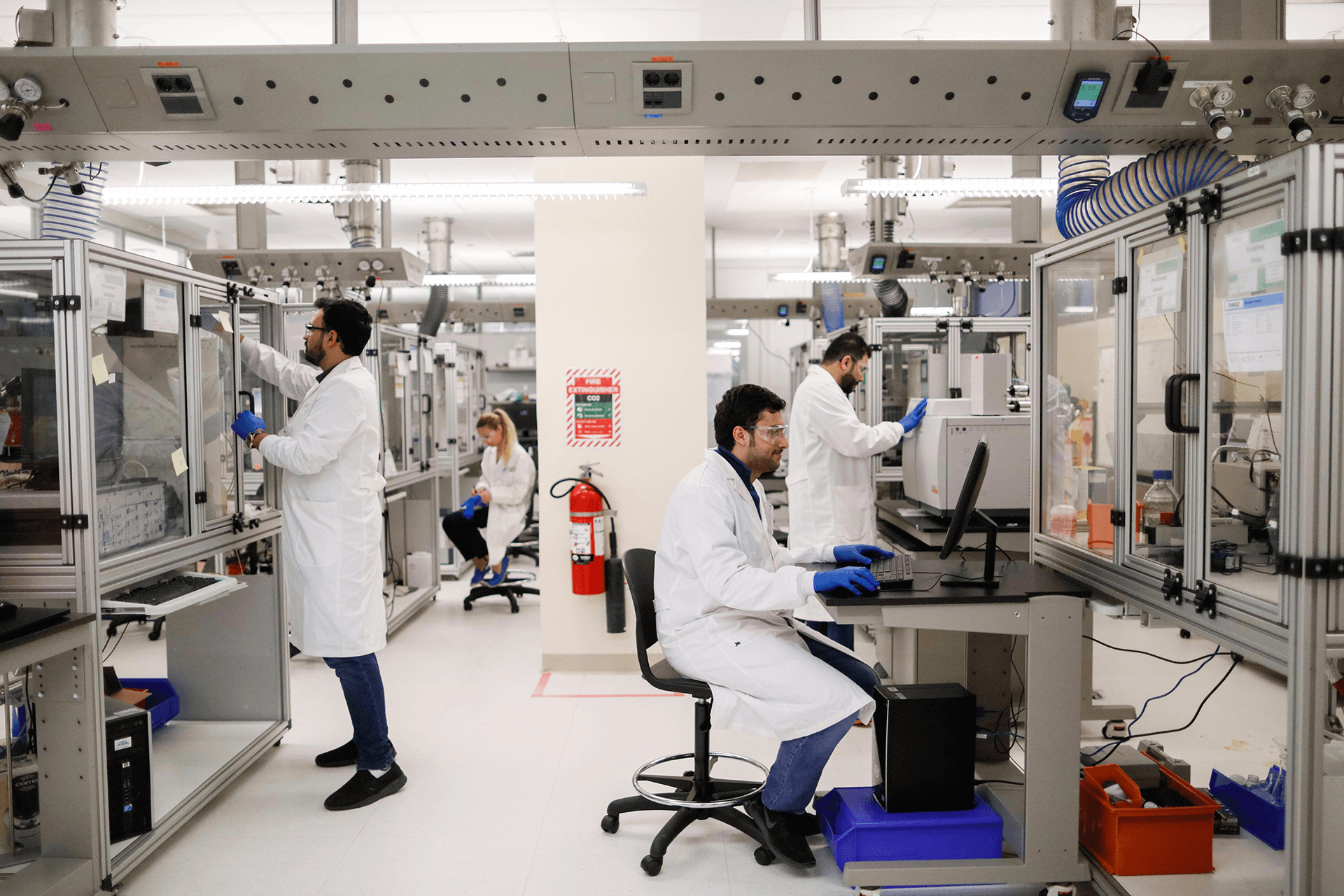Postdoctoral Fellow Focus: Adrian Galilea

KAUST postdoctoral fellow Adrian Galilea works in the University's Catalysis Center, where his research focuses on the sustainable production of chemicals from carbon dioxide. File photo.
By Tanya L. Petersen, KAUST News
When KAUST postdoctoral fellow Adrian Galilea first entered a catalysis lab as an undergraduate student at the University of Zaragoza in Spain, his career path was set. He was captivated by the work in the lab, noting, "I instantly realized that I wanted to work as a researcher in that area."
Five years later, Galilea joined KAUST Professor Jorge Gascon, director of the University's Catalysis Center, in the center, where his postdoctoral research focuses on the sustainable production of chemicals from carbon dioxide to help future generations move away from a dependence on fossil fuel.
In the project, researchers synthesized a highly active, selective and stable catalyst for the hydrogenation of carbon dioxide (CO2) to short chain olefins and aromatics—key components of the petrochemical industry—in one step by combining conventional iron catalyst and zeolites. The new material can convert CO2 to olefins and aromatics with high selectivity and unprecedented values of productivity.

KAUST postdoctoral fellow Adrian Galilea is part of the University's Catalysis Center (pictured here), which is led by KAUST Professor Jorge Gascon. Photo by Anastasia Khrenova.
CO2 is the main contributor to global climate change, one of the major environmental problems facing our planet.
"If we succeed, a future where we don't have to depend on fossil fuels to produce all the chemicals that our society needs might be possible," Galilea said. "The possibility of working in one research project that can help future generations is priceless."
With his Ph.D. in chemical engineering, Galilea noted that from a research perspective, working at KAUST is like a dream.
"[At the University,] we have every resource and all kinds of techniques available as well as highly qualified researchers who are always willing to help. From the very beginning, I have felt very supported here," he said.
Galilea also feels privileged to be working under the guidance of Gascon, and stated, "[Gascon] is one of the best scientists in the world and is full of brilliant ideas that really help you to move your research to another level. In addition, he is always open to collaboration with different groups and researchers around KAUST. This is one of the keys to success in our field: to have different points of view and highly skilled professionals collaborating towards one common goal."
Related stories:

